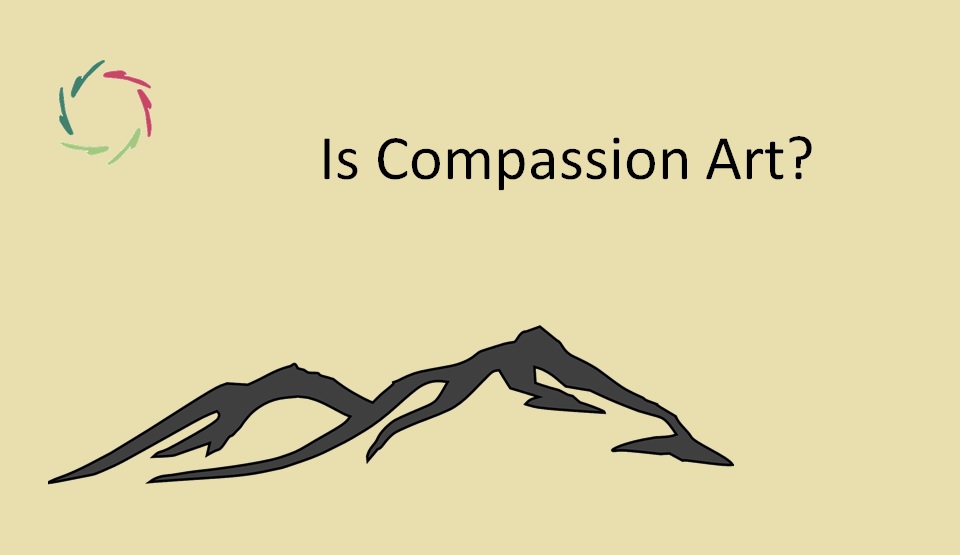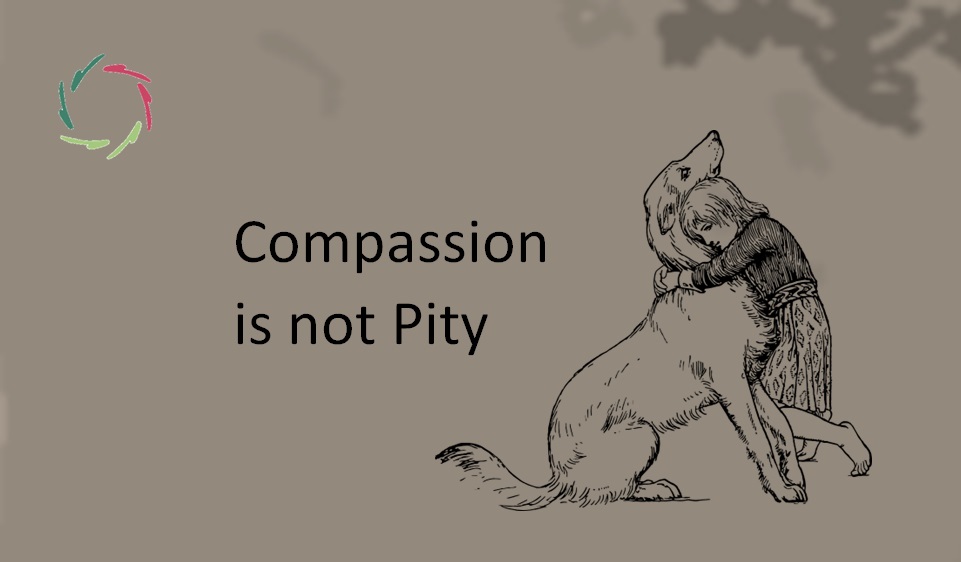Superficial Empathy?

‘Empathy’ sometimes has a bad name, being what may lead people to irrational behavior. Making a proper distinction between superficial and deep empathy brings us a lot further.
A warning: ‘Superficial empathy’ is possible. And it’s, well, superficial, in the sense of exclusively shallow. The latter is very different from a superficial layer that is in contact with deeper layers, through which it is a legitimate part of depth.
Superficial empathy is not a legitimate part of depth.
Being exclusively superficial, it stands opposed to depth. This is precisely the reason why it is important to point it out. The distinction is subtle and crucial.
Especially because it is about empathy, thus about humanity. We are all empathic beings ― beings-towards-empathy. It is in our collective genes.
Deprive someone from your notion of empathy, and you can – probably already – feel that this person is deprived of his humanity. A being without empathy “cannot be human.” Deprived of his being-human, he can turn into ‘the enemy.’ Deprived of (your notion of) his empathy, it becomes harder for you to feel empathy towards ‘the enemy.’ Likewise, it becomes harder for the other to feel empathy towards you. Eventually, neither of both feels empathy concerning the other side.
At war
This is how, in wartime, ‘the enemy’ can become demonized. He becomes ‘the demon himself’ and can thus be treated that way. In such a case, the ’empathy of us’ becomes a driving force to fight the enemy and derange into horrible acts. These acts are – in the experiencing of things and happenings – not done towards other humans, but the shadows of the devil himself.
The failure in this lies in a lack of deep empathy.
Superficial empathy can lead to horrible acts.
In wartime, for instance. The stress of being at war may facilitate getting stuck in superficiality. Stress amplifies this propensity.
And that is quite dangerous because it can be manipulated. It can also be self-deluding for a long time ― something like quicksand and hard to get out.
The preferential way out is not out of the empathy
People who think this is the only way out may become indignant. In this, their indignancy is correct, but not their presupposition that leads to it. People may get stuck in this, for years, for generations. People may feel any alternative as an attempt to devalue them as human beings.
Sometimes, a supposed ‘elite’ is the culprit. In politics, for instance, there can be much misuse of subsequent feelings and motivations.
Another way out is deep empathy
This is a striving. It takes a lot of work, in many cases also a lot of time. Having and working through experiences as a human being supports a person in getting there.
For instance, an experience in a different culture, not playing the tourist, but really being there, experiencing that matter-of-fact happenings can have diverse meanings and associations. This broadens your circle outside and even more inside. It lets you see the diversity of others in combination with an all-encompassing deeper unity of all humans, even all sentient beings.
Getting to know other cultures makes it less easy to dehumanize other people and cultures.
The empathy itself is always a driving force, an ‘energy.’
It can make the superficial more superficial.
It can make the deep even deeper. In this case, it is a genuine part of human growth
towards Compassion.


